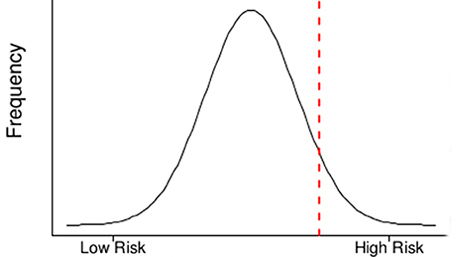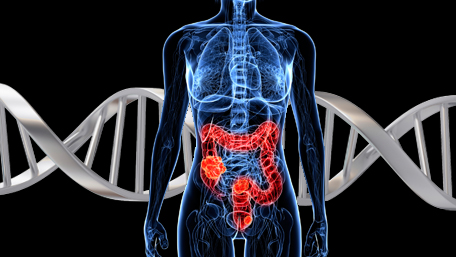
06/11/2021
Hot Topics of the Day are picked by experts to capture the latest information and publications on public health genomics and precision health for various diseases and health topics. Sources include published scientific literature, reviews, blogs and popular press articles.
Sign up MyPHGKB to receive the daily hot topic email alert.
Archived Hot Topics of the Day By Date
Ask me later: deciding to have clinical exome trio sequencing for my critically ill child
JO Robinson, Genetics in Medicine, June 10, 2021
The predictive ability of the 313 variant–based polygenic risk score for contralateral breast cancer risk prediction in women of European ancestry with a heterozygous BRCA1 or BRCA2 pathogenic variant
IMM Lakeman et al, Genetics in Medicine, June 10, 2021
Primary care providers’ responses to unsolicited Lynch syndrome secondary findings of varying clinical significance
LN Galbraith et al, Genet in Med, June 10, 2021
Gene therapy helps children with immunodeficiency
O'Leary, Nature Medicine, June 10, 2021
Leveraging artificial intelligence for pandemic preparedness and response: a scoping review to identify key use cases
A Syrowatka et al, NPJ Digital Medicine, June 10, 2021
Delta Variant and COVID-19 Vaccines: What to Know
R Ellis, Medscape, June 10, 2021
Neutralizing antibodies elicited by the Ad26.COV2.S COVID-19 vaccine show reduced activity against 501Y.V2 (B.1.351), despite protection against severe disease by this variant.
P Moore et al, BIORXIV, June 9, 2021
Country-wide genomic surveillance of SARS-CoV-2 strains
K Kalia et al, BIORXIV, June 9, 2021
Second Generation Antibodies Neutralize Emerging SARS-CoV-2 Variants of Concern
B Kovachek et al, BIORXIV, June 9, 2021
BNT162b2 mRNA vaccinations in Israel: understanding the impact and improving the vaccination policies by redefining the immunized population
C Ross et al, MEDRXIV, June 10, 2021
Wastewater-based epidemiology for tracking COVID-19 trend and variants of concern in Ohio, United States
Y Ai et al, MEDRXIV, June 10, 2021
Inferring global-scale temporal latent topics from news reports to predict public health interventions for COVID-19
Z Wen et al, MEDRXIV, June 10, 2021
A year of COVID-19 GWAS results from the GRASP portal reveals potential SARS-CoV-2 modifiers
F Thibord et al, MEDRXIV, June 11, 2021
Predictive analytics and tailored interventions improve clinical outcomes in older adults: a randomized controlled trial
SB Golas et al, NPJ DIgital Medicine
Towards precision medicine in heart failure
CS Weldy et al, Nat Rev Cardiol, June 9, 2021
Disclaimer: Articles listed in Hot Topics of the Day are selected by Public Health Genomics Branch to provide current awareness of the scientific literature and news. Inclusion in the update does not necessarily represent the views of the Centers for Disease Control and Prevention nor does it imply endorsement of the article's methods or findings. CDC and DHHS assume no responsibility for the factual accuracy of the items presented. The selection, omission, or content of items does not imply any endorsement or other position taken by CDC or DHHS. Opinion, findings and conclusions expressed by the original authors of items included in the Clips, or persons quoted therein, are strictly their own and are in no way meant to represent the opinion or views of CDC or DHHS. References to publications, news sources, and non-CDC Websites are provided solely for informational purposes and do not imply endorsement by CDC or DHHS.
- Page last reviewed:Feb 1, 2024
- Page last updated:Apr 15, 2024
- Content source:








